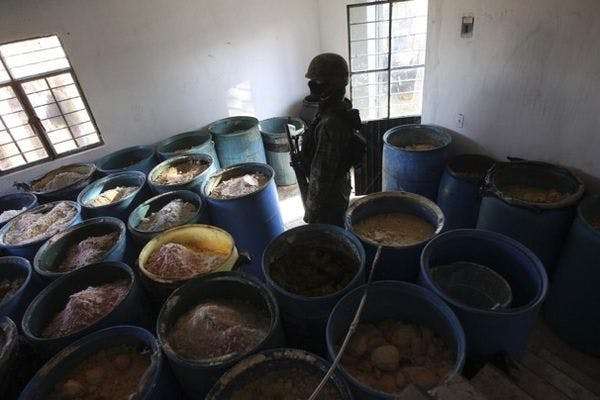U.S. role at a crossroads in Mexico’s intelligence war on the cartels
For the past seven years, Mexico and the United States have put aside their tension-filled history on security matters to forge an unparalleled alliance against Mexico’s drug cartels, one based on sharing sensitive intelligence, U.S. training and joint operational planning.
The December inauguration of President Enrique Peña Nieto brought the nationalistic Institutional Revolutionary Party (PRI) back to power after 13 years, and with it a whiff of resentment over the deep U.S. involvement in Mexico’s fight against narco-traffickers. The new administration has shifted priorities away from the U.S.-backed strategy of arresting kingpins, which sparked an unprecedented level of violence among the cartels, and toward an emphasis on prevention and keeping Mexico’s streets safe and calm, Mexican authorities said.
Interviews with more than four dozen current and former U.S. and Mexican diplomats, law enforcement agents, military officers and intelligence officials — most of whom agreed to speak about sensitive matters only on condition of anonymity — paint the most detailed public portrait to date of how the two countries grew so close after so many years of distance and distrust, and what is at stake should the alliance be scaled back.
Read here the full article.
Keep up-to-date with drug policy developments by subscribing to the IDPC Monthly Alert.
